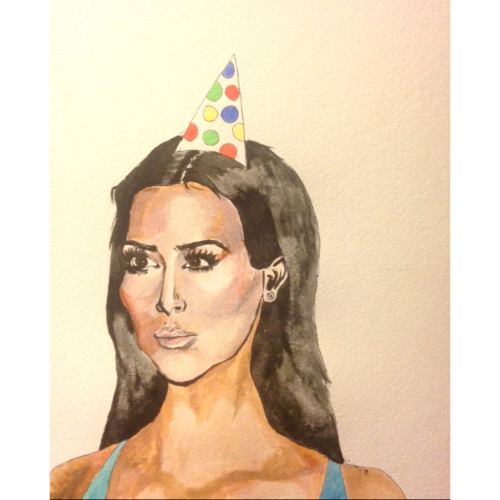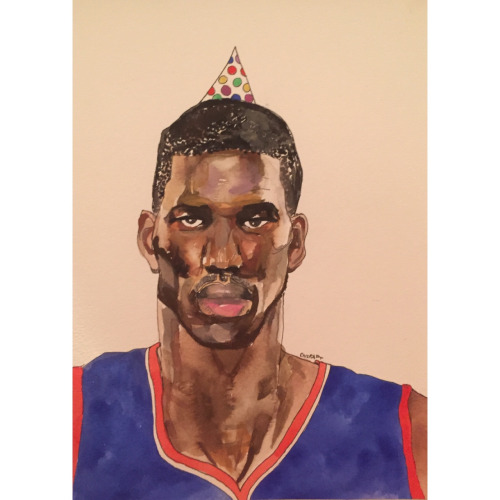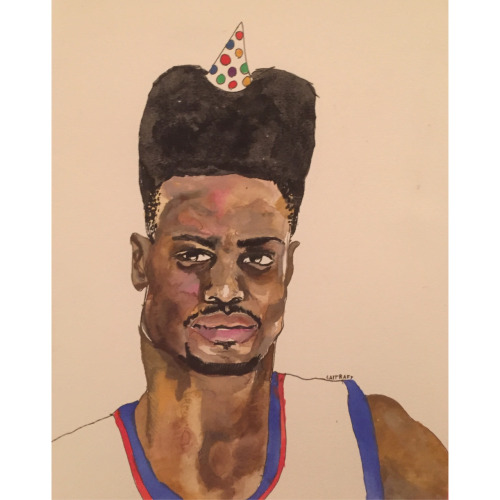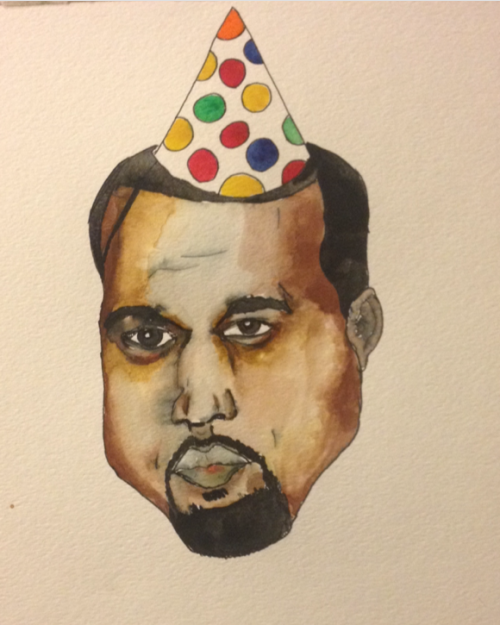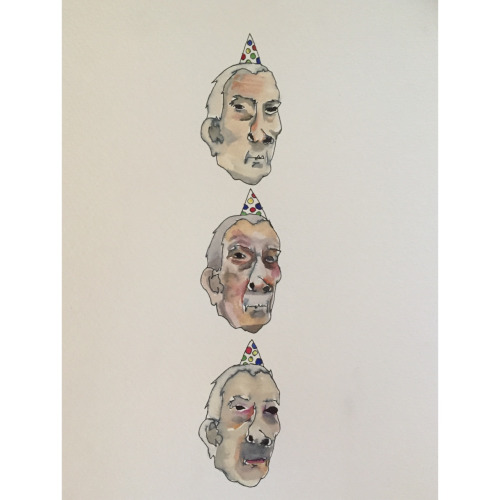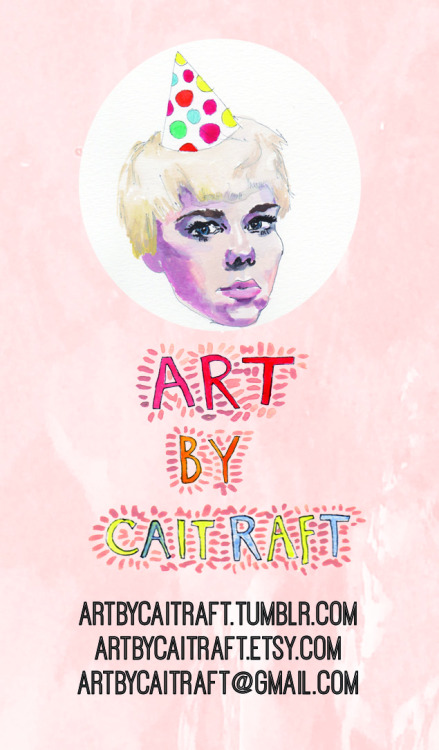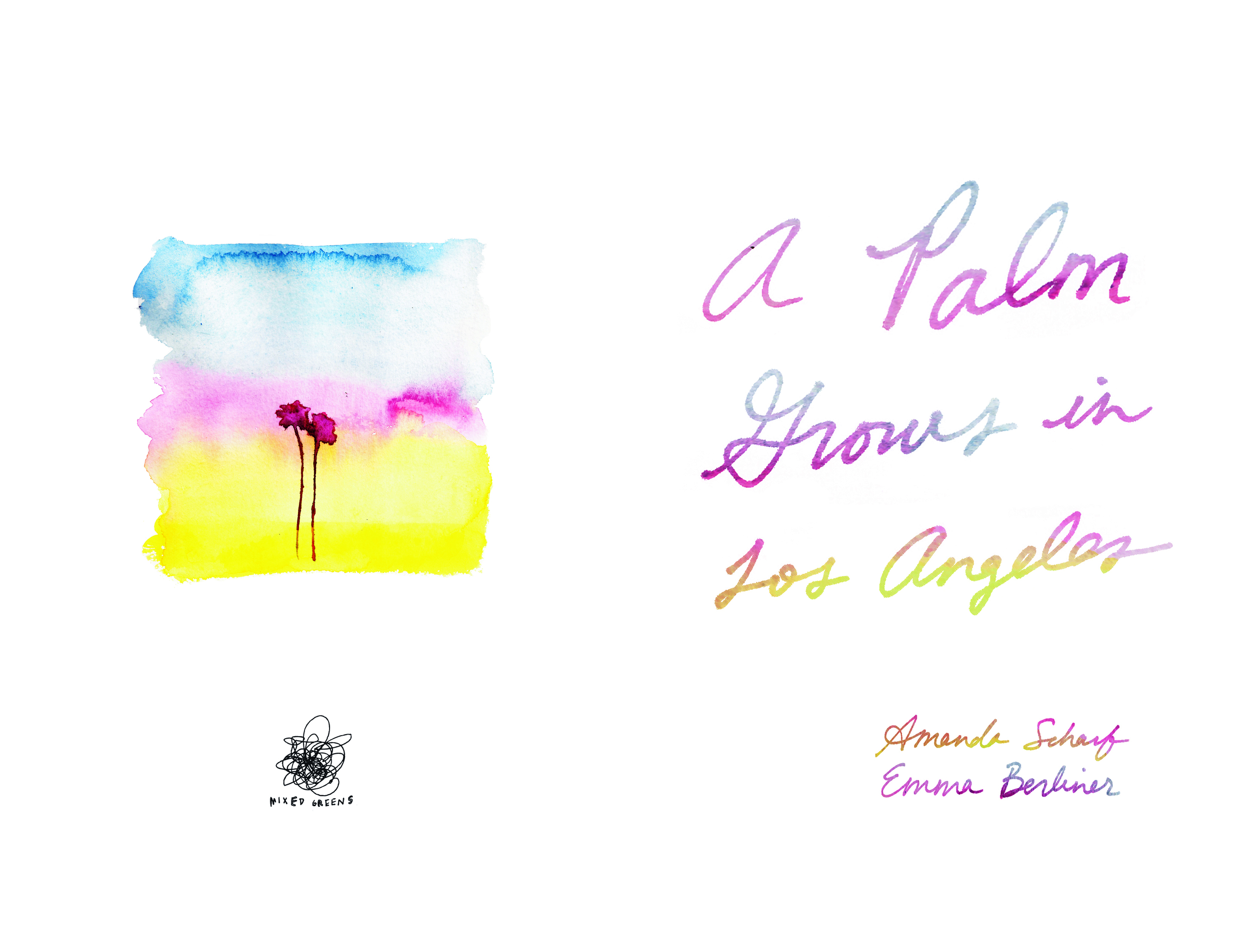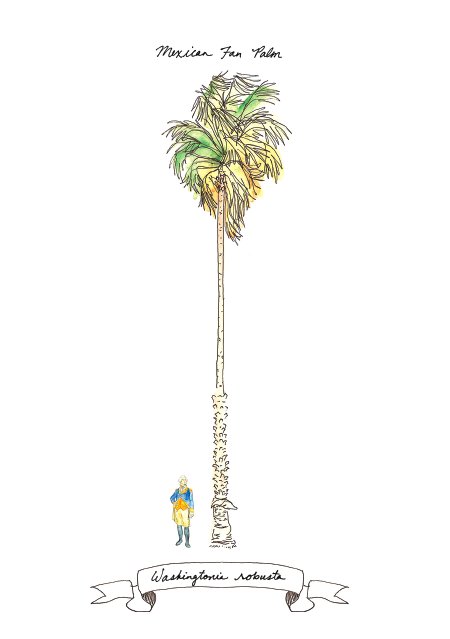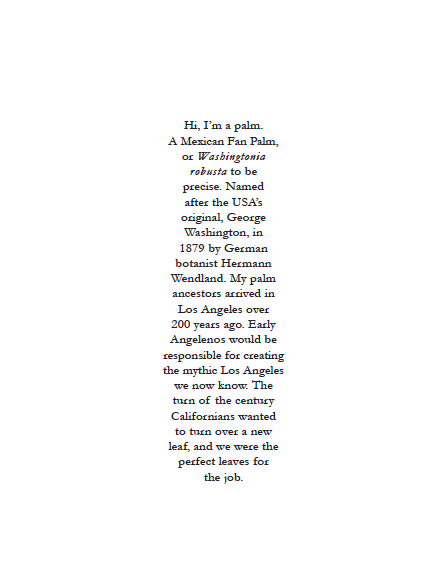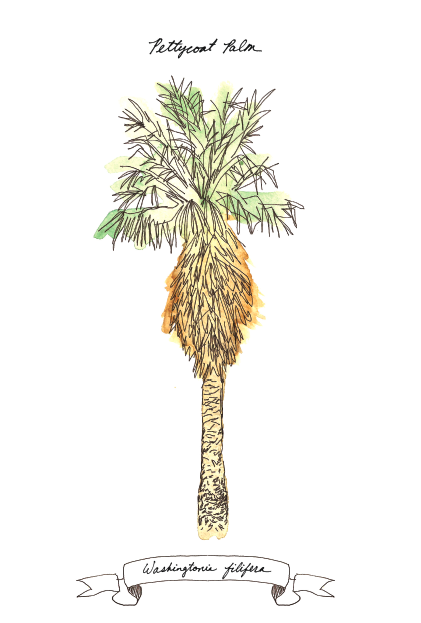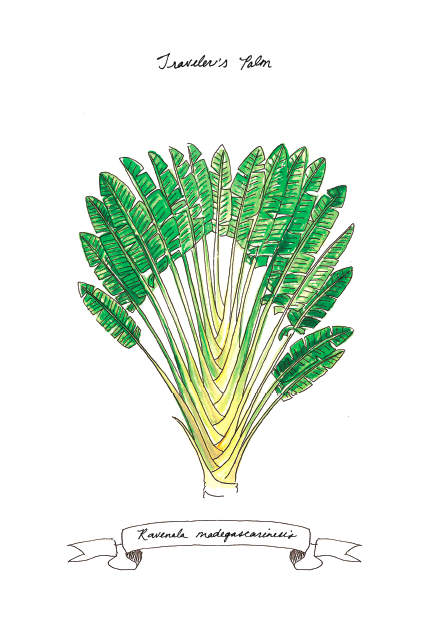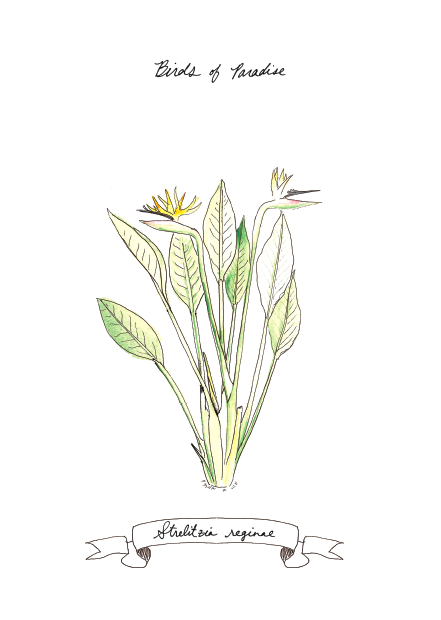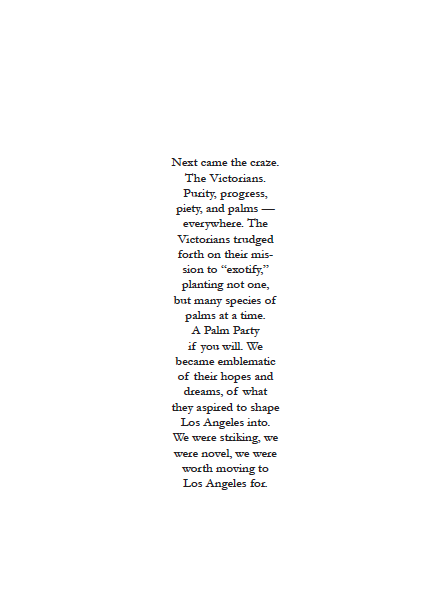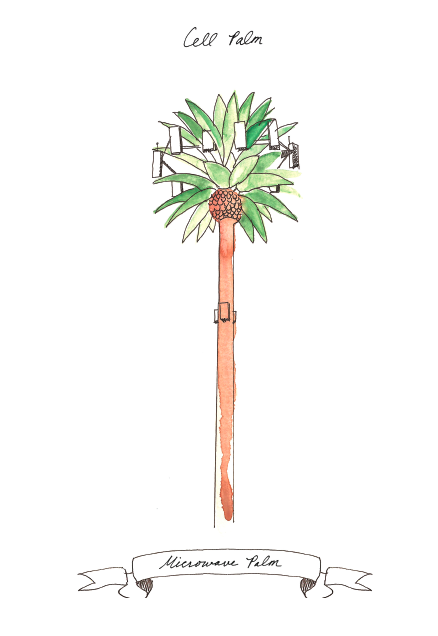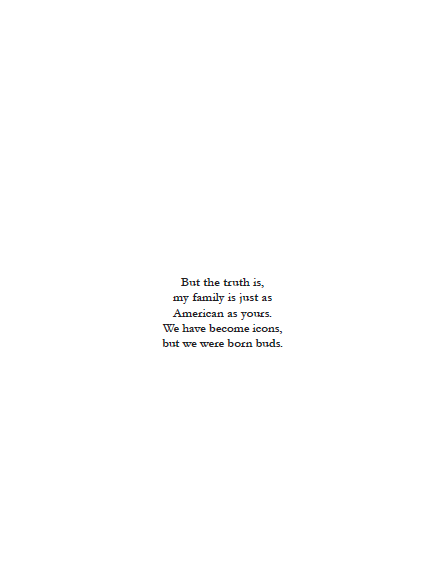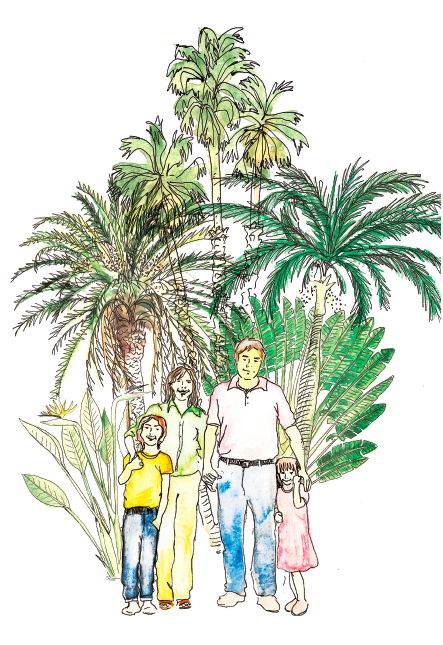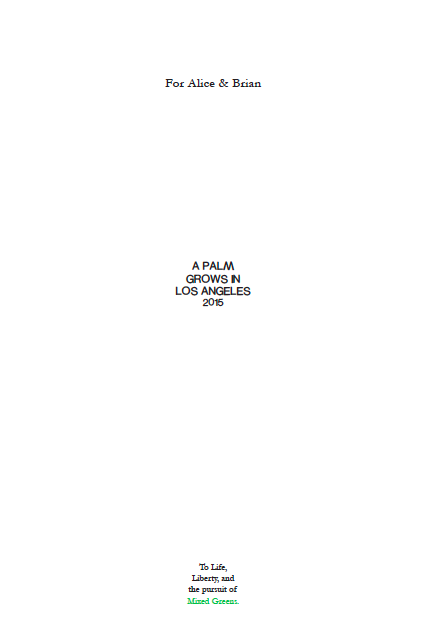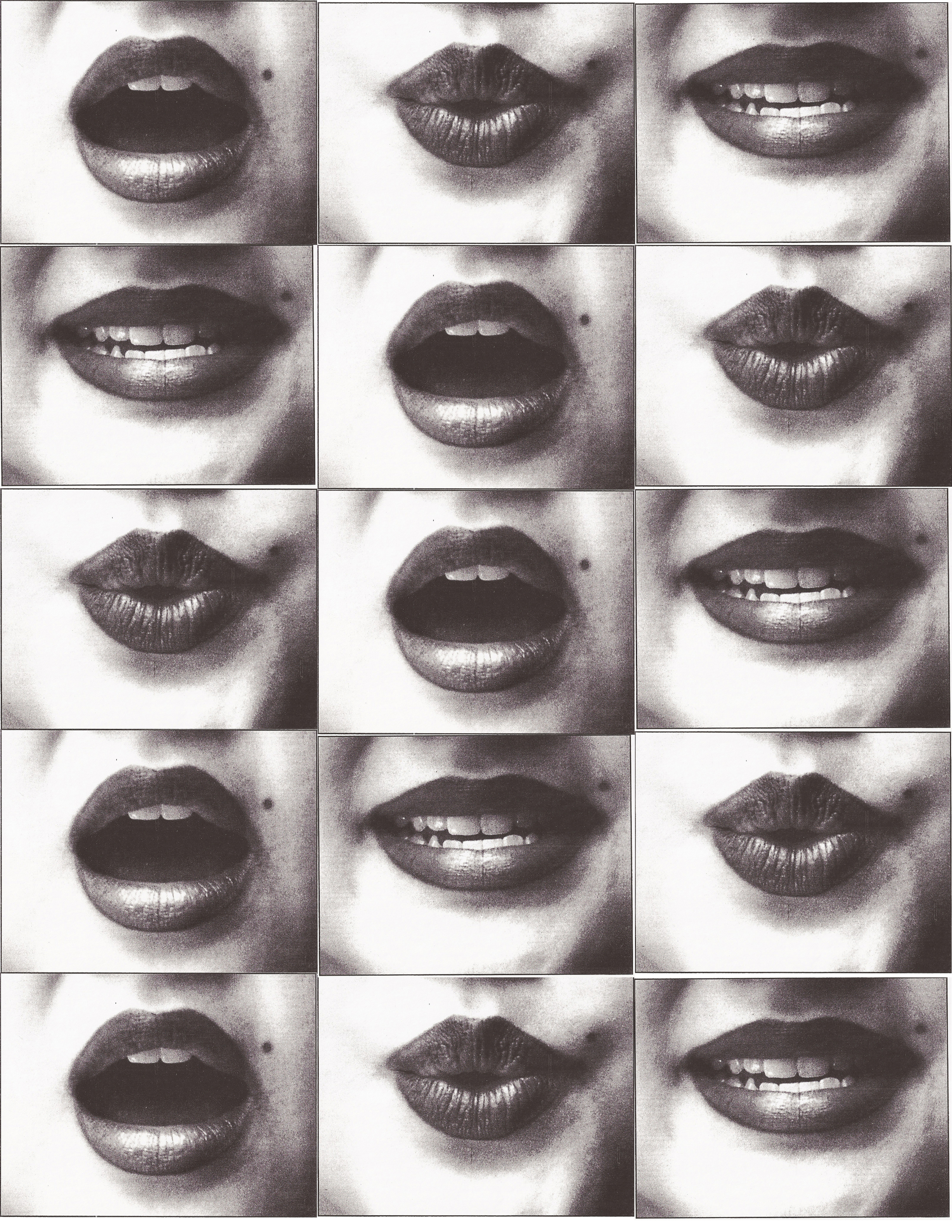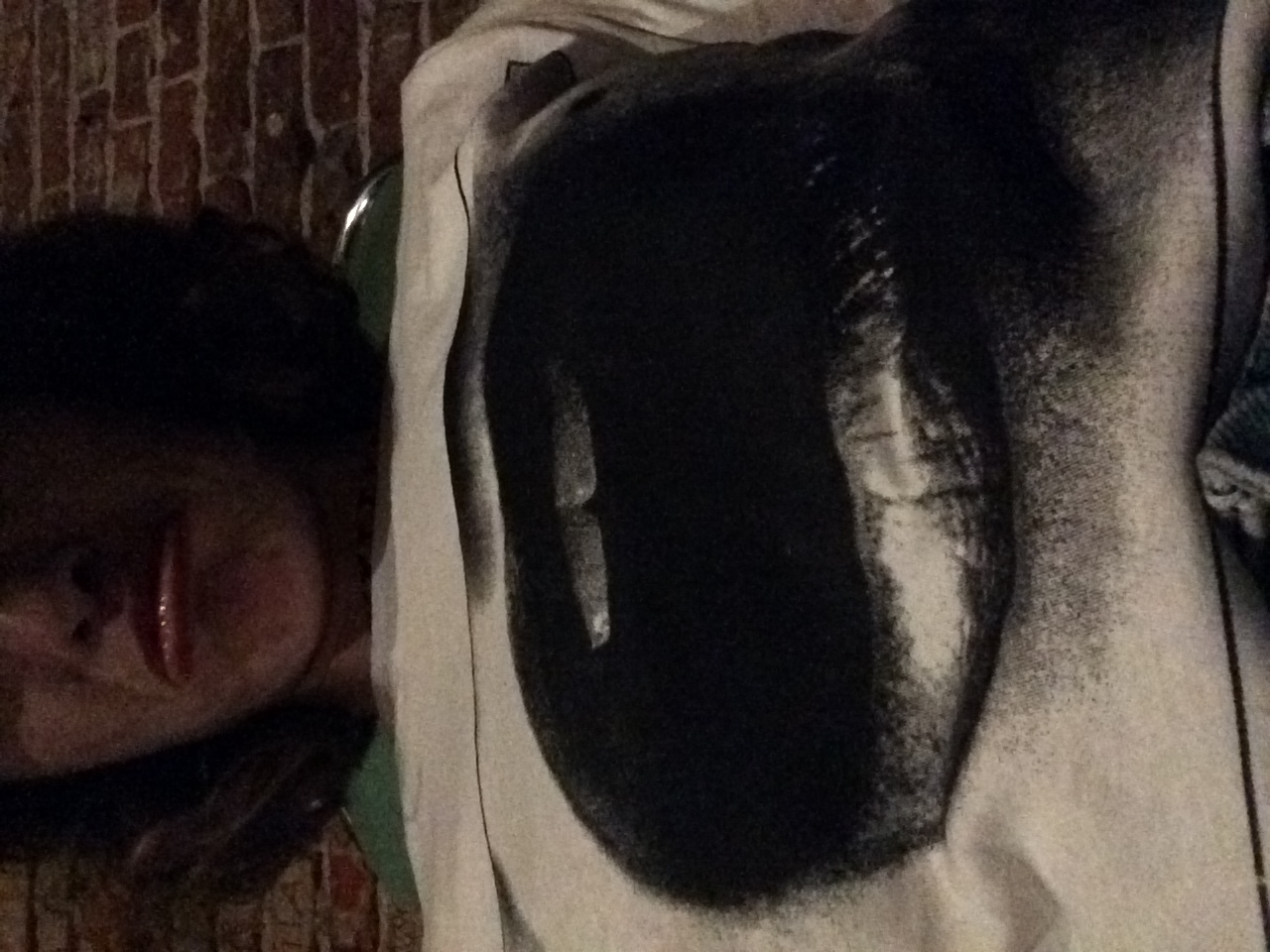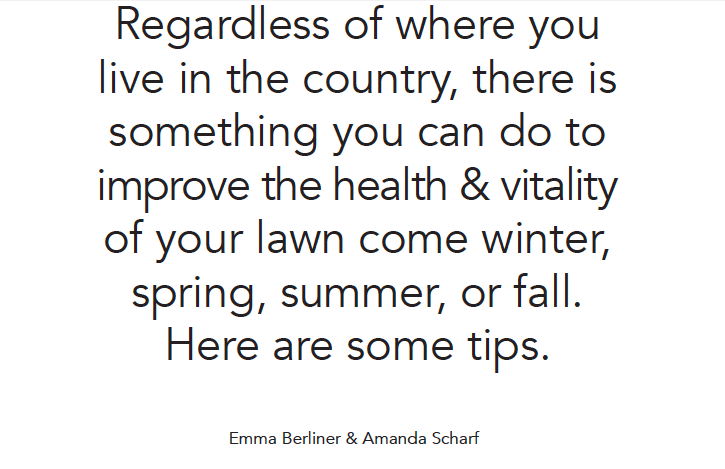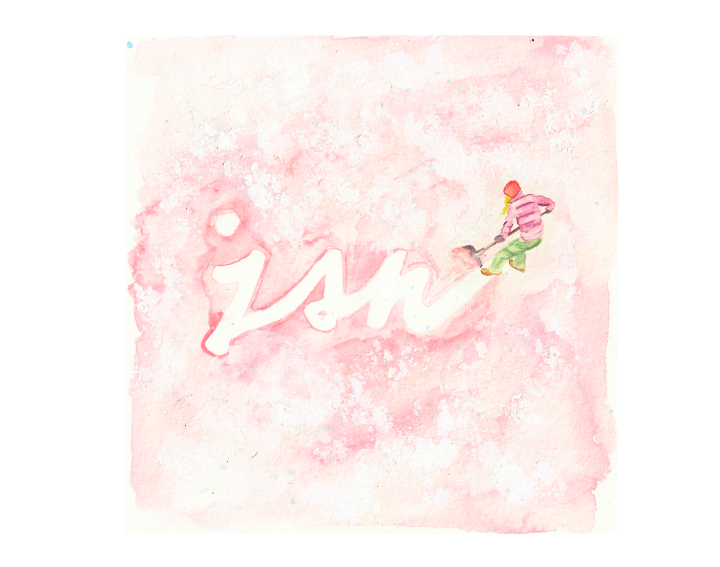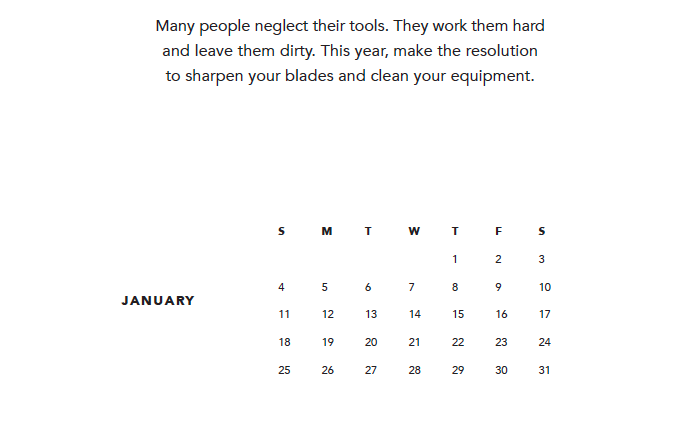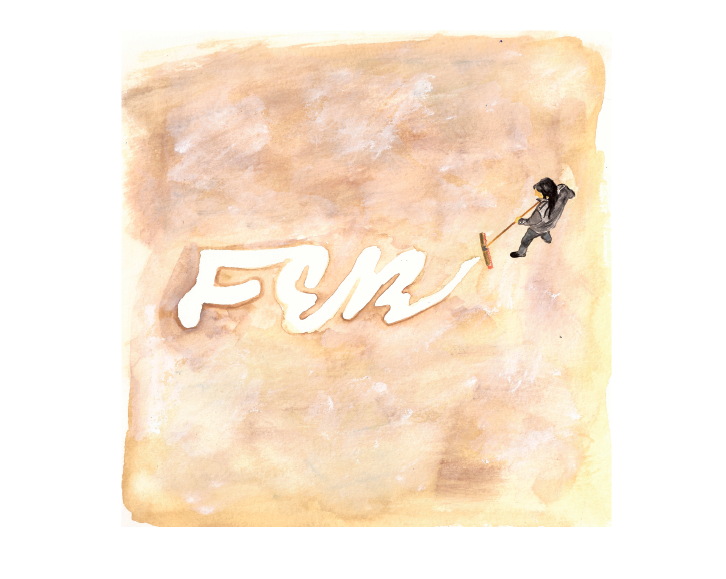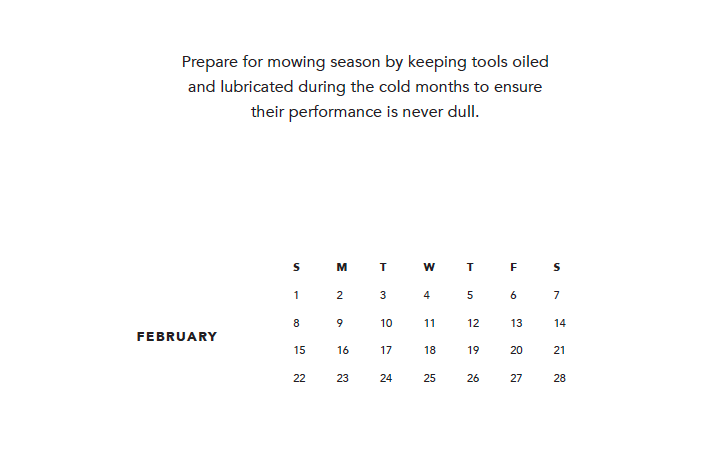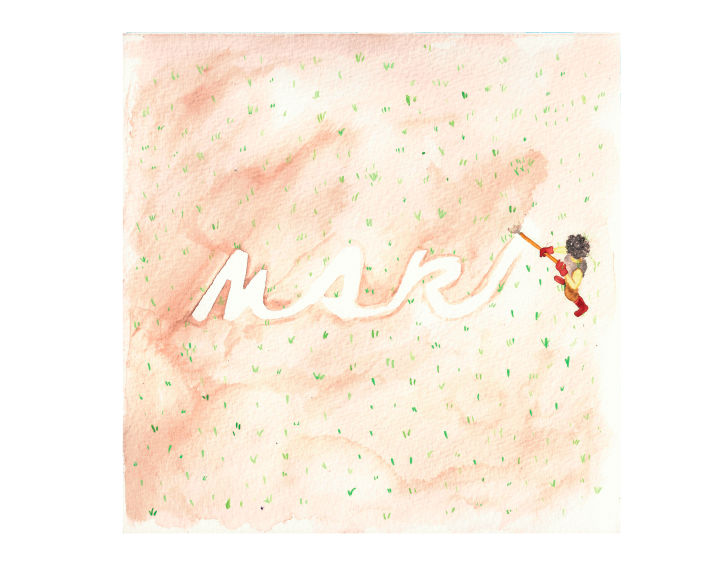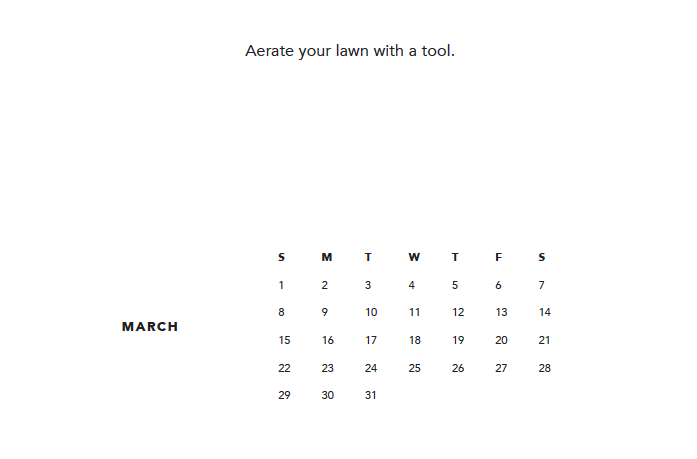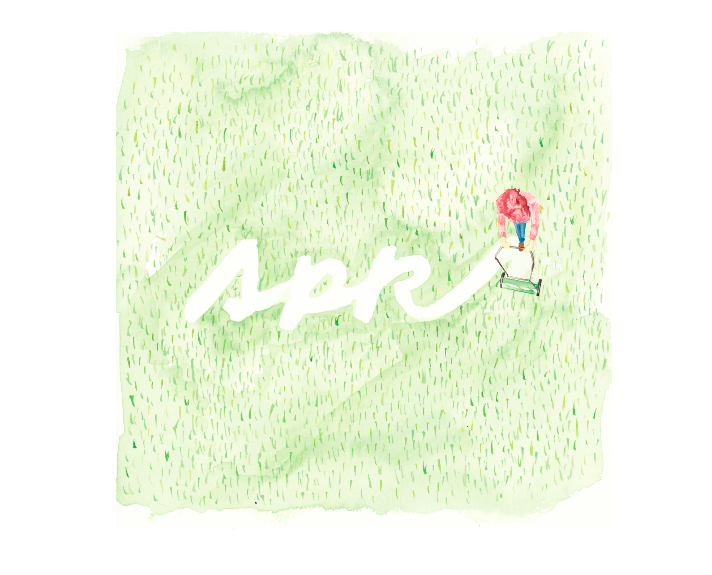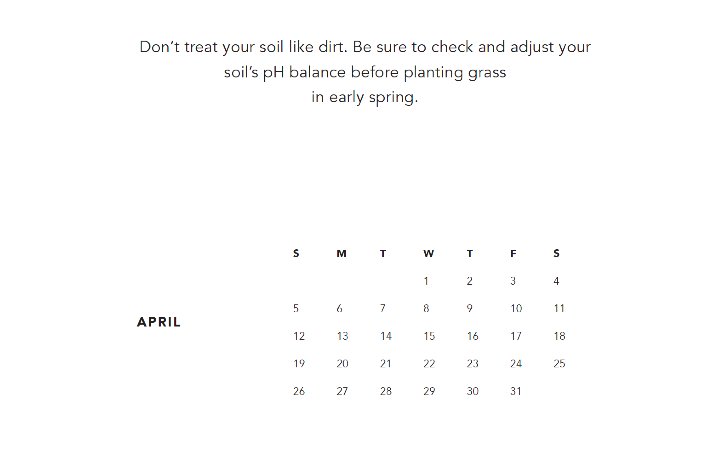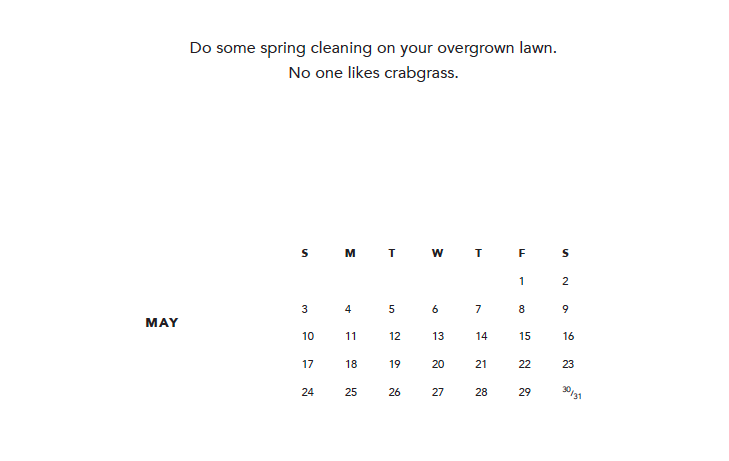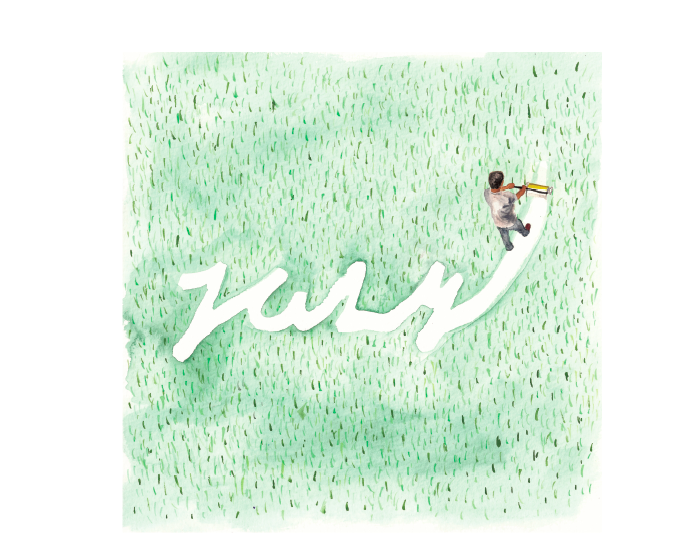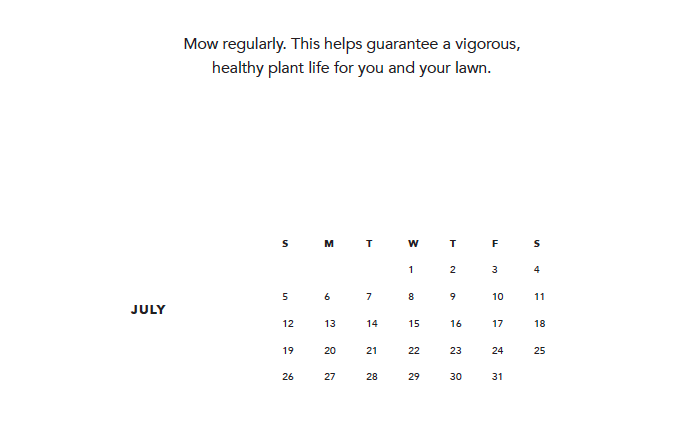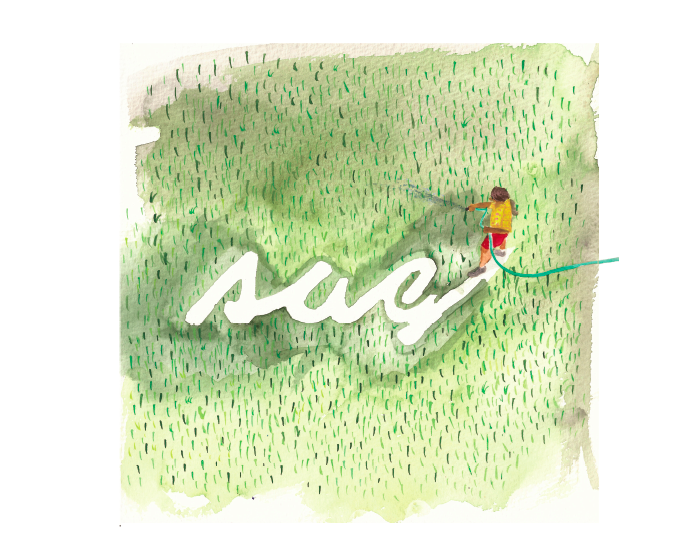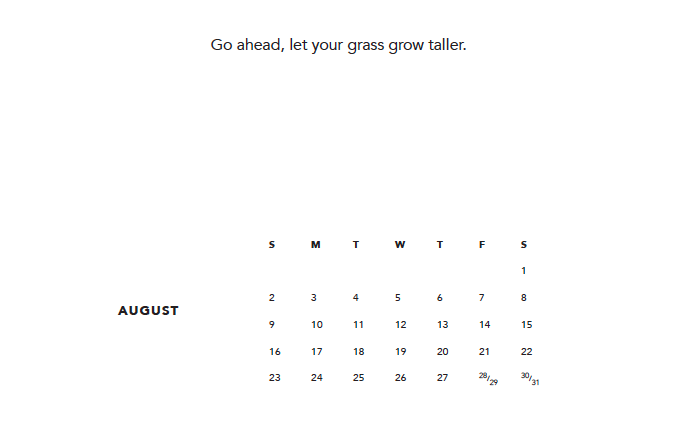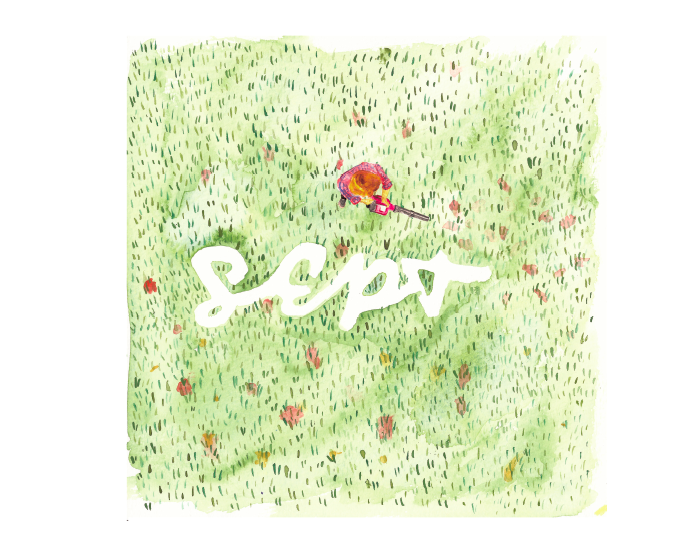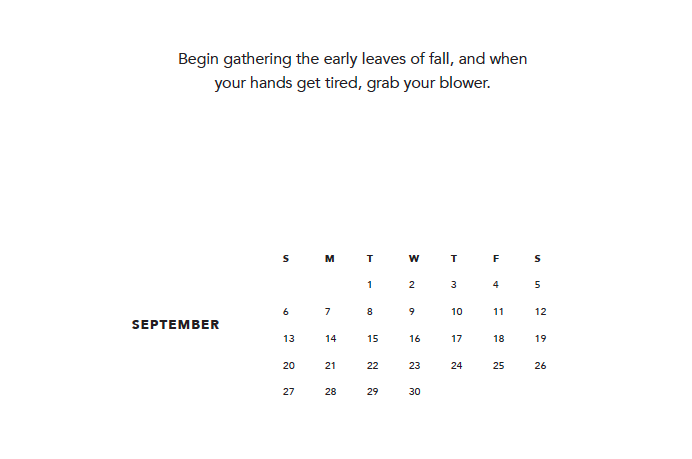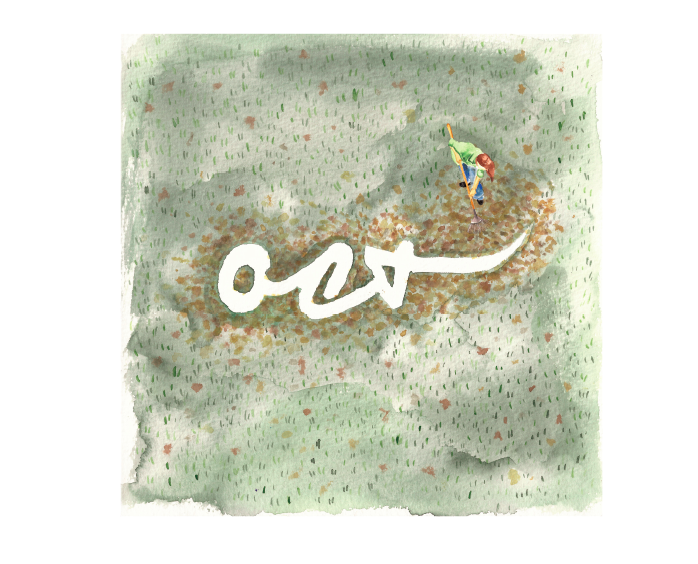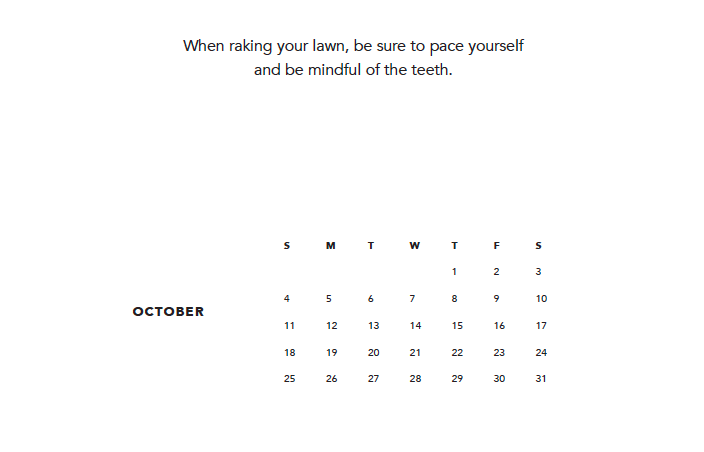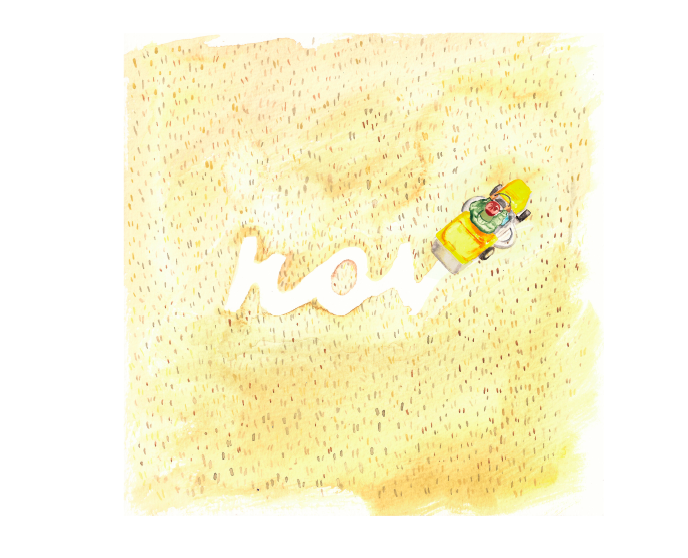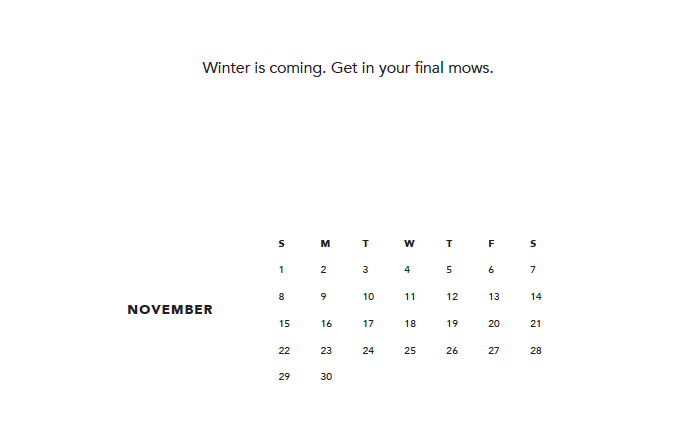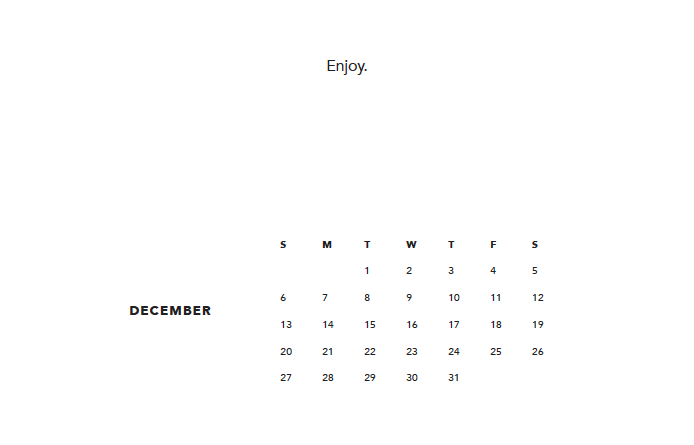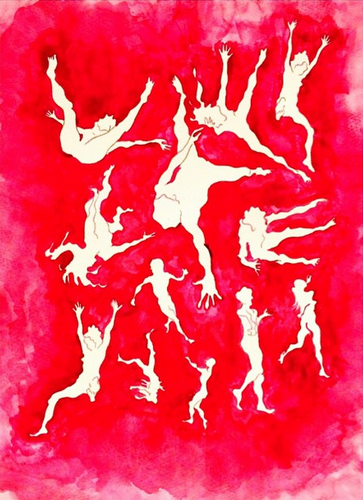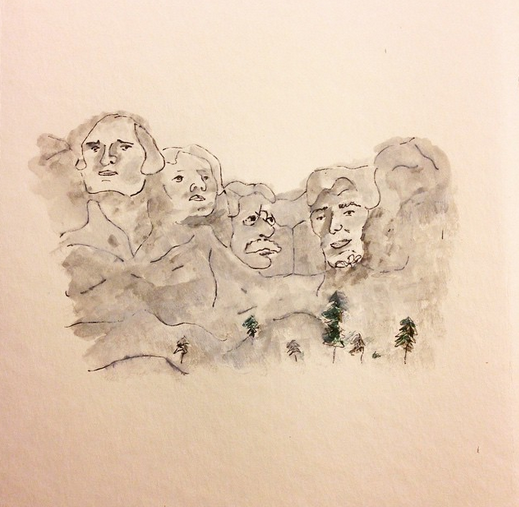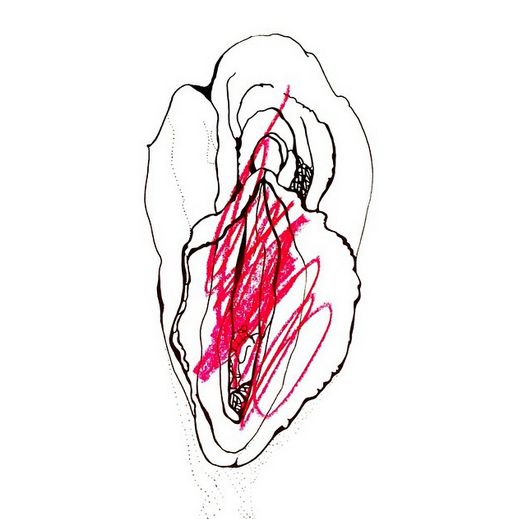I was relishing a refreshing cup of tea at the cafeteria of my friend Minocher’s newly established Writer’s Club and waiting for some journalist friends to while away the evening in some interesting discussion, when in came Ustad Bilgrami. Greeting me heartily and ordering a plate of Fish and Chips and a tall glass of Lassi ( A drink made from yogurt ), he exploded, “ We are going to see Sher Babar, a film maker in about an hour.”
“We? You mean you,” I said.
“My mission would be fruitless if you don’t accompany me.”
“But Ustad, I have a meeting scheduled in a few minutes with a few journalists, Hajrah, Fatima and Najam. We shall be discussing the evils of pan eating.”
“Forget about it. Let the pan eaters enjoy the habit while they can. There are other more important things in life to do than to have a futile discussion on pan eating, and writing about it in English papers which at the most only one percent of the population reads,” said Ustad, throwing in my direction that charismatic look which so far nobody has been able to resist.
Readers of my articles are familiar with Ustad Bilgrami, but for the sake of those who are not let me briefly introduce you who this guy is. Three decades ago he was a sports coach at the college I was studying in. He gained respect and love not for being a good coach, but for being a mentor, a guide and a genuine friend of the students he liked. He used to solve all their emotional problems in no time, turning every situation into a win-win situation. He had also helped me out of emotional disasters several times, and as such he had earned a lifetime respect. Since then he had gone out of my existence, till I bumped into him last year at Karachi’s Lal Qila. After that we remain constantly in touch, and I am made to assist him in all his adventures. Now in his eighties, he is still agile and his brain functions in top gear, probably due to generous intake of fish and lassi. Retired, he lives luxuriously on a monthly assistance of two thousand dollars (approximately two hundred thousand rupees), which his son sends him from St. Louis. He has now completely devoted himself to helping people in distress.
Presently, saying “no” to him was just impossible. “But why do you want to see this film maker who has a record of turning out trash?”
“To remove the distress which my favorite niece, Naila is facing.”
“How does Naila come into the picture?”
“One of those queer turns of fate,” he said and explained. “Some time back she had gone to a young peoples’ club and, like her other friends, indulged in an innocent dance. It so happened that Sher Babar was there filming a sequence for his forthcoming film Tapka Dunga (will kill you). The camera captured Naila doing a beat. Sher liked the footage and approached her to get her permission to use the footage in the film, for which he would pay thirty-five thousand Rupees. Since it was a decent scene of short duration, Naila agreed. She signed the contract and accepted the check.”
“So what’s the problem now?”
“The problem is that she overlooked reading the small print at the bottom which says that if need be, she has to appear in the studio and do a song and dance number for his movie, and you know how these sequences are in our films, absolutely vulgar. Sher Babar now has asked Naila to do that.”
“Well, she can always return the check and get the contract cancelled.”
“She can’t, because she has already used up the amount for the Art Academy she is founding.”
“She is in the soup, right?” I put in.
“I am going to get her out of that,” said Ustad forcefully.
“How?”
“Just watch me do that. Let me finish my fish and lassi, and we are off.”
“But these movie people always have hit men on their sides with evil-looking guns, itching to pull the trigger at the slightest pretext.”
“Oh, don’t worry about them. I’ll make them look like paper tigers. Now, come on, let’s go.”
Sher Babar was shooting at a house in Defence. His crew had made a mess of everything in the living room where we were made to sit. Soon there was a lull in the shooting, and Sher Babar, feigning a look of authority and stroking his short beard came to us along with two shady-looking muscular and bulky characters on his both sides. They looked watchfully at us, their right hands in their pockets, obviously to pull out a gun and do the damage.
“Mr. Sher Babar,” began Ustad. “ As I discussed on the phone, I would like you to meet Rafiq, who imports Pakistani movies for theaters in USA. He has international repute and is stationed in Chicago. Most of the famous film personalities around the world remain in touch with him. Shahrukh Khan (A famous Indian actor) is his buddy; Preety Zinta (Indian film star) never signs a contract without consulting him. Luckily for you he has shown his interest in importing your Tapka Dunga in America….”
This came as a brazen shock and I began fidgeting in my chair. This new ‘info’ about me was entirely unexpected, and I wondered if I could play this new role effectively. I looked at Ustad sternly, while Sher was devouring me with a piercing gaze.
“He only imports outstanding movies,”continued Ustad, “ and from what we have heard about your forthcoming film, it appears that it would be a movie marvel. Of course, he would have to see the film first and discuss with his partners in Chicago before reaching a deal.”
Sher Babar was now taken in. His expression softened. Looking at a gem-studded ring on his finger, he said, “I assure you that Tapka Dunga would be a classic.”
“Then it is settled. However, there is another matter of prime importance I would like to discuss with you,” said Ustad. “ You have got some footage of my niece Naila, doing a little innocent movement on the beat and you intend to use the same in the film. Now, you want her to do a dance and song number, isn’t it?”
“Yes. As per the contract signed by her, she has to do it. She has already been paid,” said the director, once again looking authoritative.
“And I believe it would be your common vulgar version with the girl scantily dressed,” said Ustad in a raised voice. I could observe Babar stiffening and the hit guys moving their hands in their pockets dangerously.
“Of course,” said Sher Babar. “ There will be box-office elements. It would be like Madhuri Dixit doing a number in Tezaab.”
Ustad Bilgrami now clenched his fists and said, “ You will do nothing of the sort!”
One of the hit guys whispered in the right ear of the director, “Boss, tapka dun kya?(Boss, should I shoot him?)”
“Shut up,” yelled Sher Babar to him, and then all three of them began to laugh.
Ustad seemed to be very much at ease as he said, “I believe the film has to be approved by the Censor Board before it is released. Isn’t it?”
“That should not be a problem,” said Babar confidently.
“There will definitely be a big problem. Your film will not get an okay from the Censor Board,” assured Ustad.
“And how would that be?” asked the director, lighting a cigarette.
“Ever heard the names of Lala Musa and Hanif Heera?” asked Ustad.
“Yes. They are senior members of the Censor Board.”
“Ah, you know that. Do you also know that they are my childhood buddies, and that even now we meet regularly, at least once a month to discuss our films’ falling standard over dinner?” asked Ustad.
The moviemaker looked puzzled, and the Ustad continued, “ If you don’t believe me, just call them and ask them about their close friend Sucrat Arastu Bilgrami. Tell them I would like to speak to them regarding your forthcoming film. I’ll give you their business and home telephone numbers,” said Ustad, taking out a piece of paper from his pocket and handing it to him.
Sher Babar looked baffled. He wiped the sweat off his forehead, and tried not to show his discomfiture. Ustad roared, “A word from me to Musa and Heera would completely doom your film.”
He dismissed the hit guys from the scene, leaned forward and asked softly, “Mr. Bilgrami, what actually would you like me to do?”
“Use the footage of Naila which you have, and don’t bother her again.”
“We will do just that,” assured Sher.
“And yes, make a new contract, deleting the fine prints from the bottom, and come to think of it, don’t you agree that a paltry sum of thirty-five thousand Rupees is not fair for such a lovely girl to grace your film with her presence?”
Sher Babar sat bolt upright. “ What do you want me to do?”
“Make it a nice cool figure of fifty thousand. Send the check for the additional amount along with the new contract to her first thing in the morning,” Ustad almost ordered.
Sher Babar was now like a robot in the hands of Ustad, and assured us that he would definitely do as asked, and requested Ustad to use his influence in getting the film approved without a cut.
“Only on one condition,” said Ustad. “ There will be no vulgarity in the film.”
Sher Babar agreed and then turned to me to remind me about importing the film and releasing it in American Cinema Houses. I assured him that I would do my best.
“One more thing,” put in Ustad. “Ask your man who was standing on your left side to trim his moustache. The hairs are growing wild, going into his mouth and nose.”
He readily agreed.
“Well, Ustad,” I said when we came out. “You have again hit the bull’s eye. What exactly is in you that makes you turn every situation into a win-win one?”
“Fish and Lassi. Never underestimate their power.”
“One more question. Do you really know Lala Musa and Hanif Heera that intimately?”
“Of course! We used to play gilli danda ( A popular outdoor game played in South Asian countries) together in school.”
Rafiq Ebrahim is a freelance writer and novelist. He has written three novels: Glowing Embers, Advertising, and The Other Side. The latest – Beyond the Crumbling Heights (Colors in the life of a Pakistani slum boy) — was published in USA in 2009 and is available at amazon.com, barnesandnoble.com and google.com/books. He has written for Potluck before.

